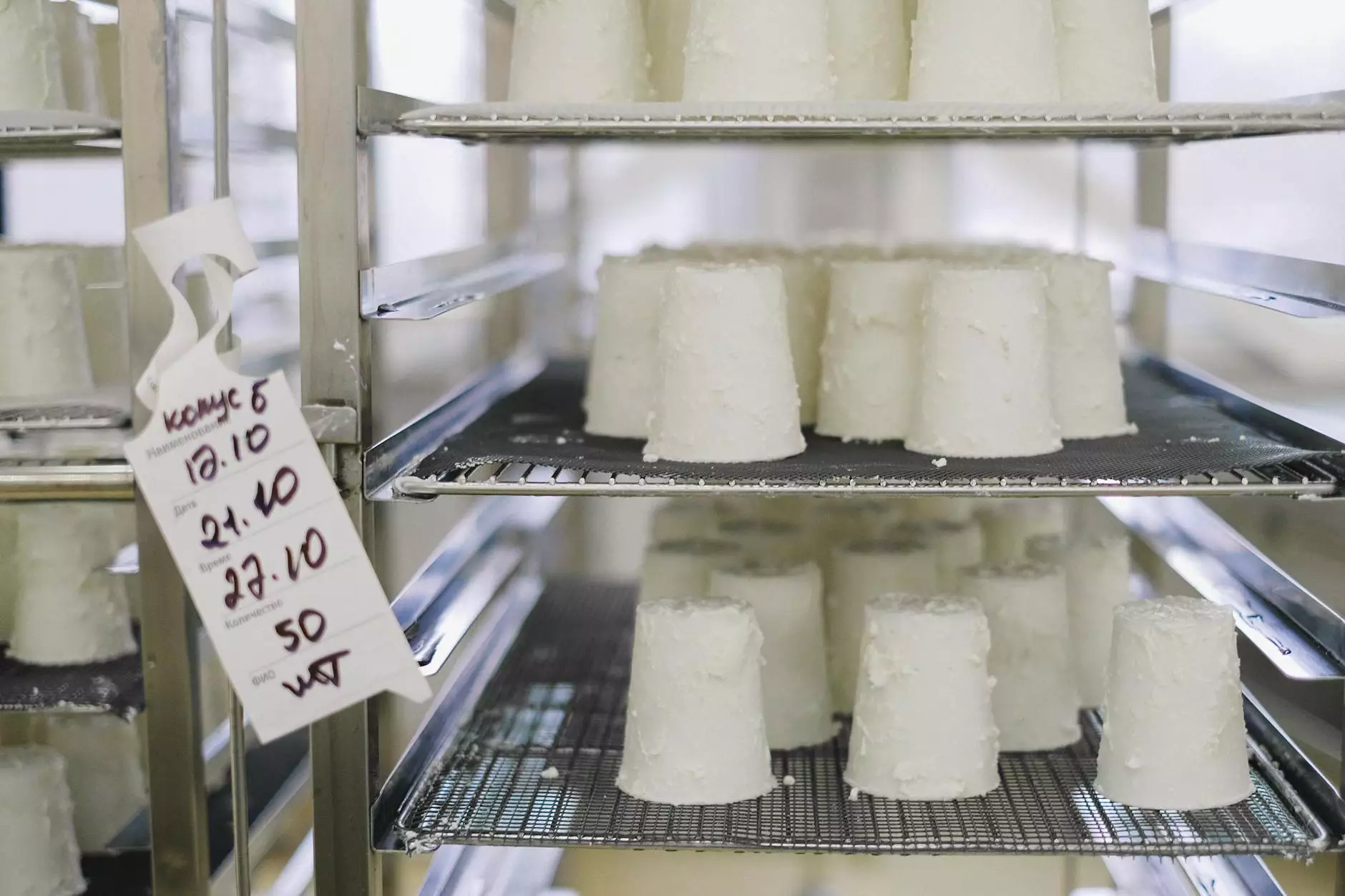Understanding Plastic Molding Manufacturers: A Comprehensive Guide

The manufacturing landscape has evolved significantly over the years, with industries continuously seeking innovative solutions to improve efficiency and quality. One crucial element in this evolution is the role of plastic molding manufacturers, who facilitate the production of a myriad of plastic components used across various sectors. In this article, we will delve into the intricacies of plastic molding, examining its processes, benefits, applications, and future prospects.
The Role of Plastic Molding Manufacturers
Plastic molding manufacturers play a pivotal role in transforming raw plastic materials into functional products that serve everyday needs. These manufacturers utilize advanced techniques to create parts and products with precision and consistency. The significance of their role can be summarized in the following key aspects:
- Efficiency: Plastic molding is a highly productive process that allows for mass production of identical items.
- Cost-Effectiveness: By utilizing molds, manufacturers can reduce waste and optimize material use, lowering overall production costs.
- Scalability: The process can easily scale from small batches to large volume productions, catering to diverse business needs.
- Design Flexibility: Manufacturers can create intricate designs and complex geometries that are often unattainable with other manufacturing methods.
Types of Plastic Molding Processes
There are several molding techniques employed by plastic molding manufacturers, each suited to specific applications and material types. Understanding these processes is essential for anyone looking to delve into the world of plastic manufacturing:
1. Injection Molding
Injection molding is the most common plastic molding process. It involves injecting molten plastic into a mold cavity, where it cools and solidifies into the desired shape. This method is ideal for producing high volumes of parts with consistent quality. The process can accommodate a wide variety of plastics, making it versatile across industries.
2. Blow Molding
Blow molding is primarily used to create hollow plastic parts, such as bottles and containers. The process entails inflating heated plastic into a mold using air pressure. This technique is efficient for producing large quantities of uniform products.
3. Rotational Molding
Rotational molding involves placing a plastic powder in a mold that rotates around two axes. As the mold is heated, the plastic coats the mold's interior, forming a hollow part. This method is excellent for producing large, durable items such as kayaks and storage tanks.
4. Thermoforming
Thermoforming utilizes heat to soften plastic sheets, which are then formed over a mold. This process is prevalent in creating packaging materials, trays, and other shallow products. While less suitable for high precision, it allows for quick setup and production.
The Benefits of Partnering with Plastic Molding Manufacturers
Collaborating with reputable plastic molding manufacturers offers businesses numerous advantages. Here are some of the most compelling benefits:
- Quality Assurance: Established manufacturers adhere to strict quality control measures, ensuring that each product meets industry standards.
- Customization: Manufacturers can tailor their services to meet specific client requirements, offering bespoke solutions for unique applications.
- Access to Expertise: By partnering with seasoned manufacturers, businesses gain access to valuable industry insights and technical knowledge.
- Rapid Prototyping: Many plastic molding manufacturers offer rapid prototyping services, allowing companies to test designs and make adjustments quickly.
Applications of Plastic Molding
The versatility of plastic molding means its applications are virtually limitless. Below are some key sectors that benefit significantly from plastic molding manufacturers:
1. Automotive Industry
The automotive sector relies heavily on molded plastic components for everything from interior trim to complex engine parts. These components contribute to lightweight designs, improving fuel efficiency and overall vehicle performance.
2. Consumer Goods
Household items like kitchenware, storage solutions, and packaging materials are often produced through plastic molding. Manufacturers can create attractive, functional designs that appeal to consumers while keeping production costs down.
3. Medical Devices
The medical industry benefits from high-quality, sterile plastic products used in devices, tools, and packaging. The ability of manufacturers to produce consistent, precise parts is vital in this sensitive field.
4. Electronics
In the electronics industry, plastic molding is used for casings, connectors, and components. The lightweight and insulating properties of molded plastics make them ideal for this application, contributing to the overall efficiency and safety of electronic devices.
The Future of Plastic Molding
As technology continues to advance, the future of plastic molding manufacturers promises to be dynamic and innovative. This evolution will likely include:
- Increased Automation: Automation will continue to streamline manufacturing processes, reducing labor costs and increasing production rates.
- 3D Printing Integration: The integration of additive manufacturing techniques with traditional molding processes can open new avenues for customization and rapid prototyping.
- Sustainable Practices: The push for sustainability will drive manufacturers to adopt eco-friendly materials and processes, mitigating the environmental impact of plastic production.
- Enhanced Material Science: Ongoing research in polymer science will yield stronger, lighter, and more versatile materials that can take molded designs to the next level.
Choosing the Right Plastic Molding Manufacturer
When seeking a plastic molding manufacturer, it is crucial to consider several factors to ensure a fruitful partnership. Here are some tips to help you select the right one:
- Experience: Look for manufacturers with years of experience in the industry and a portfolio of successful projects.
- Quality Certifications: Ensure the manufacturer has relevant quality certifications (e.g., ISO) that demonstrate their commitment to quality control.
- Technology and Machinery: Investigate the types of machinery and technology available to the manufacturer, as updated equipment can significantly impact the quality and efficiency of production.
- Customer Support: Choose a manufacturer that offers excellent customer service and is willing to collaborate throughout the entire production process.
Conclusion
In conclusion, plastic molding manufacturers are an integral part of modern manufacturing, offering efficient, cost-effective, and versatile solutions for various industries. Their expertise in different molding processes allows businesses to bring innovative products to market while maintaining high quality. As the industry moves forward, embracing new technologies and sustainable practices will be key to staying competitive in an ever-evolving landscape. For companies looking to partner with top-notch plastic molding manufacturers, exploring resources like deepmould.net can be a great start toward finding the right manufacturing solution.









